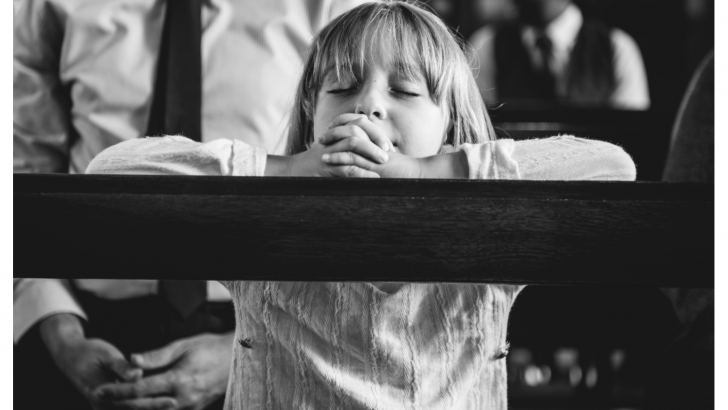What does it mean to educate a child? Too often, we conflate education with school. Yet education is a much broader concept. After all, children begin school already talking, sometimes in more than one language. They arrive knowing games, rhymes, songs and stories, and perhaps counting and even reading a little. They may have learned ideas about God, nature and the world. Nor do we cease learning once we leave school.
Children are naturally curious. They want to learn and play. In playing they learn most, perhaps. As I write, my four-year-old is randomly playing piano and singing along to her made-up song in the next room. My eight-year-old is upstairs, reading a ‘horrible histories’ book about the Tudors, while my nine-year-old is playing an iphone game that involves chopping words into syllables. They are all just having fun, but they are also being educated – though they do not know it.
A lot of educating kids involves leaving interesting stuff lying around the house. If there are paper and crayons, they will draw pictures. If there’s a piano, they’ll play it. If there are books, they will read them. William Butler Yeats put it well: “Education is not the filling of a pail, but the lighting of a fire.”
If we inculcate a love of doing things that – perhaps covertly – involve learning, then play becomes learning, and learning becomes play. Interestingly, Yeats’ own school described his scholarly performance as “only fair … Very poor in spelling”. Fortunately, such negativity didn’t discourage his writing, which led to a Nobel Prize.
Thankfully, education is done differently nowadays. Schools are kinder places, and are more encouraging of children. Technology is having an impact, too. Screens are much maligned, yet they possess an extraordinary educational power. When kids use devices, we can make sure they’ve got apps that are fun, but which also educate. These then become their games. Good television can also transport kids to the Pacific Ocean, to marvel at whales and coral reefs. Good kids’ television channels, like CBeebies, provide programmes that educate. Used wisely, within the proper time limits, screens have their place in the education of modern children.
The idea of education has been on my mind, since our kids will have over three months out of formal education this summer, as we make the big move from England back home to Ireland. During the process, we’re going to home educate them for a while, to help prepare them for school in Ireland after four years in the English system. It’s been a fascinating to be fully responsible for the kids’ education, even if just for a short while. We’ve found some amazing resources, books, worksheets and apps.
I’m giving them ad hoc Irish language, geography and history tuition. My wife is focusing on science and maths. We’ve also found brilliant apps that can teach Irish and French, and others that teach the entire Irish primary school curriculum. My mother, a retired primary school teacher, is also going to give lessons on Skype.
There is a beautiful freedom to homeschooling. I quite envy those who do it the whole time. They can travel off to the continent with their kids in September, or visit museums on weekdays, when they are quiet. They get to follow their kids’ passions all day. Done well, it can achieve remarkable results. Such parents can be sure their kids are treated well. For sadly, in some schools, children still experience ill treatment from other pupils and even teachers. Schools can be wonderful, but they can also be places of tension and stress.
Yet every parent is a home educator really, even if we are unaware of it. We teach them cooking, gardening, swimming, we tell them stories, we read to them and we help them with homework. They forever ask questions about history, about nature, or space, technology and the world. All these interminable questions show curiosity, their enthusiasm for the world, and their yearning to learn. We parents must remember that education does not begin or end at the school gates.


 Rory Fitzgerald
Rory Fitzgerald
